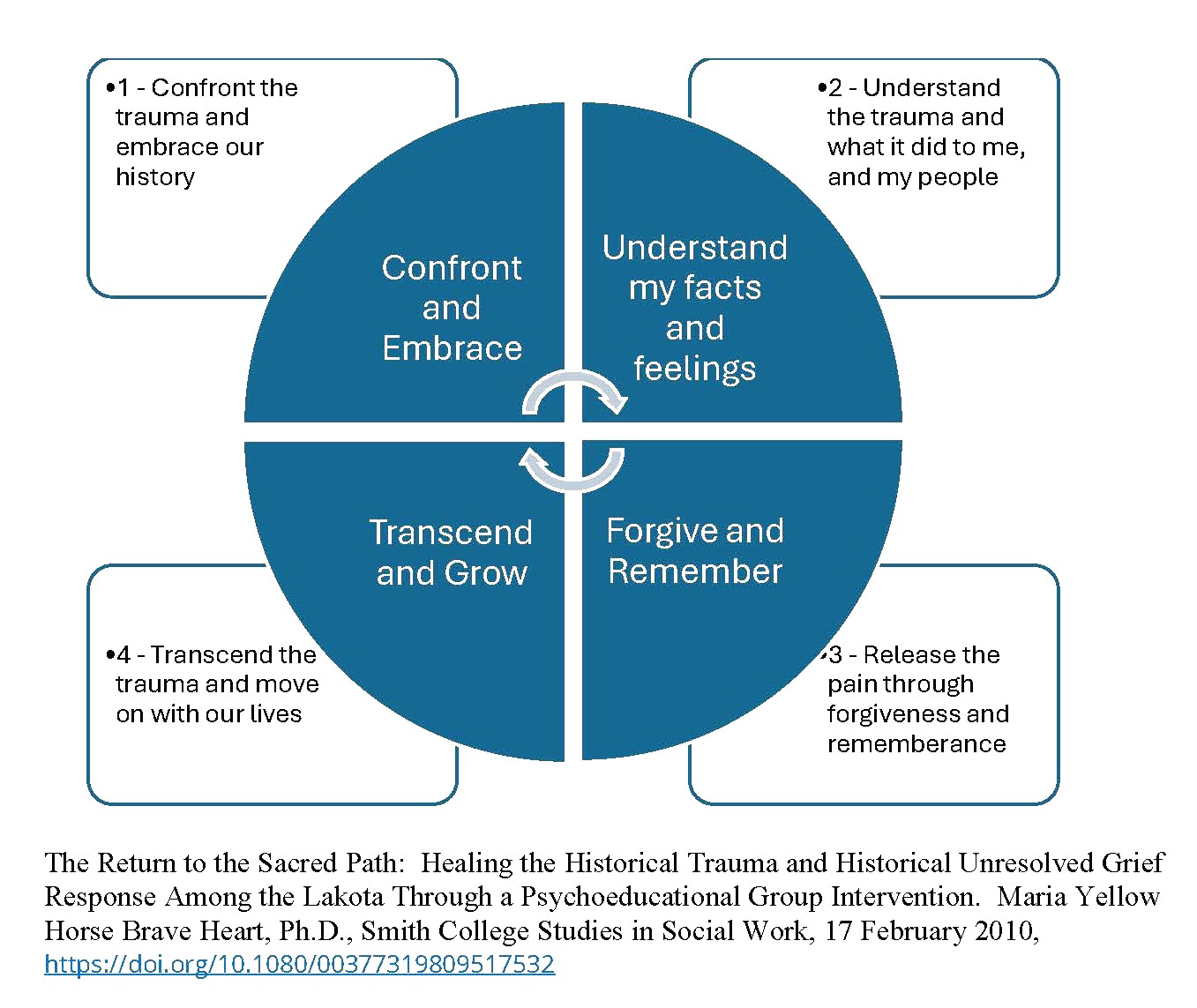Knowing how to respond to the current crises in Gaza and Israel is a challenging task. As a Christian, my call is to overcome evil not with evil, but rather with good. (Romans 12:21) The message of Jesus is overwhelmingly on the side of love as the response to hate, goodness as a response to badness, turning the other cheek even though every inch of our being tells us to raise a fist instead. Instead of supporting one side or the other, I believe the call of Christians is to forgive and not take part in the polarizing history of our species.
There is a belief that this approach is the province of the New Testament, but I see it throughout the history of the Hebrew people. One of my professors at the Mennonite seminary in Elkhart, Indiana, Millard Lind, said that when looking at Old Testament scripture, it was important to understand the acts of God as overturning the status quo, the way things were always done. Nowhere is this difference more apparent than in the ways in which God’s people were instructed to interact with the “foreigners and aliens” in their lands.
There are literally dozens of Old Testament verses that lay out the expectations of God on how they are to interact with and treat the aliens and strangers who sojourn in their land. Three of them are:
Leviticus 19:34: When a stranger sojourns with you in your land, you shall not do him wrong. You shall treat the stranger who sojourns with you as the native among you, and you shall love him as yourself, for you were strangers in the land of Egypt: I am the Lord your God.
Ezekiel 47:22: You shall allot it as an inheritance for yourselves and the sojourners who reside among you and have children among you. They shall be to you as native born children of Israel. With you they shall be allotted an inheritance among the tribes of Israel.
Numbers 15:15-16: For the assembly, there shall be one statute for you and for the stranger who sojourns with you, a statute forever throughout your generations. You and the sojourner shall be alike before the Lord. One law and one rule shall be for you and for the stranger who sojourns with you.”
The foundation of these commandments is love. John’s statement that “God is Love” was present in many of the Old Testament passages as well. Just as the Israelites were strangers in Egypt, the Palestinians are now strangers in Israel. The passage in Leviticus 19:34 says that the people of God are to love the stranger sojourning with them, because they were strangers in Egypt.
In Numbers 15:15-16, the people of God are told to have one law for all the people who are sojourning with Israel as a people. There is to be one statute for all people. Ezekiel tells the people that the sojourners are to be allotted a portion of the land as if they were native-born.
This vision of how Jews and Palestinians should live together was re-imagined by Martin Buber, an Austrian-Israeli Jew who left Germany, where he was teaching, in 1933 to escape the oncoming Holocaust. He was a Zionist, but a very different kind of Zionist who envisioned Jews and Arabs living side by side, consistent with the passages above.
The history of Israel goes back for millennia, as does the history of the Arab peoples. Abram and his father, Terah, were called out of the city of Ur in Genesis 11, and then lived in Harran for about 100 years before Abram and his extended family, more likely a clan or tribe, moved on to Canaan.
The Amarna Letters are a collection of 328 stone tablets from various leaders to the Pharoah in Egypt. Tablets EA 286, EA 288 and EA 299 are three of the tablets which mention the Habiru, asking the King to “…provide for his land! All the lands of the King, my Lord, have deserted . . . Lost are all the mayors; there is not a mayor remaining to the King, my Lord . . . The King has no lands. That Habiru has plundered all the lands of the King. If there are archers this year, the lands of the King, my Lord, will remain. . . I am situated like a ship in the midst of the sea . . .the Habiru have taken the very cities of the King, my Lord; all are lost. (2023, Eames, Christopher. The Amarna Letters: Proof of Israel’s Invasion of Canaan? Let the Stones Speak, 2023. Retrieved from https://armstronginstitute.org/881-the-amarna letters-proof-of-israels-invasion-of-canaan January 3, 2024.)
There is a great deal of disagreement about whether or not the terms Habiru and Hebrews mean the same thing. Many but not all scholars believe that all Hebrews are Habiru, but not all Habiru are Hebrews. One theory is that a foreign god referred to as Elohim called many or even all the Habiru to become the people of God, and only Terah and Abram and the rest of their extended family answered the call.
The Habiru were outcasts, they were nomads. They owned no land and were considered to be somewhere between slaves and citizens. Being stateless, they had no rights, no power, and even fought among themselves. The Habiru were, in essence, the Palestinians of their day.
The dates of the Habiru invasion of Canaan appear to align with the biblical accounts according to many scholars. But they forgot the commandments of Elohim to remember the alien, the stranger, the sojourner and began to amass power for themselves. I Samuel 8 presents a prophecy in which the people of Israel wanted a King, not a Judge, to rule over them. The people were warned that a king would tax them, take their sons for war, take their land, but still they wanted a king, not a judge. They wanted to be powerful like other nations.
Everywhere you look in the Bible, the power dynamics of the current age are being turned upside down, Old Testament and New. God did not and does not want an earthly kingdom, wherever one looks in the Bible. It is no different now. The more we try to hold on to the power dynamics which oppress and suppress, the more we are acting contrary to the will of God. “How long, O Lord, will you listen to our cry” asked the Habiru in Egypt.
That same question is being asked now by the Habiru in Gaza and Bethlehem. The mighty of this world, the wise of this world, will be turned on our heads by the God who makes all things new. We must, therefore, act in foolish ways to bring healing and hope, restoration and relief to the Habiru of our day. Justice demands nothing less.
What is this foolish way? It seems to me that Israel must find a way to reconcile all the members of the Habiru, Jewish, Palestinian and Arab, into one family. I love the story of Jacob and Esau and find within it the seeds of conflict as well as hope. When Esau met Jacob after Jacob wrestled with God, and lost, he was forced to reconcile with Esau, who offered up peace and forgiveness, sharing the land with Jacob and his clan.
But Jacob, now Israel, deceived Esau again. Promising to follow along at a slower pace with his animals to Seir, Jacob instead goes to Succoth, and the rest, as they say, is history. Since the time that Israel rejected the offer of Esau to share the land, the land has been fought over for thousands of years.
Israel must accept the invitation of his brother Esau to share the land. We cannot go back in time and undo the damage of previous actions, whether it be the pogroms of the 1920’s against Jews in Palestine, or the Nakba in 1948, or the wars in 1967 and 1973, and on and
- There is pain throughout Israel and Palestine, Gaza and the West Bank. That pain goes back centuries if not millennia.
Maria Yellow Horse Brave Heart, a social worker teaching in the Department of Psychiatry at the University of New Mexico, has developed a model used widely among American Indians (Native Americans). In my work with individuals affected by trauma I have made some slight changes. The model has four steps:

Esau practiced this model, when he forgave his brother. Joseph practiced this model when he forgave his brothers. Jesus practiced this model when he prayed for forgiveness for those who were crucifying him. The Haudenosaunee (Iroquois Confederacy) was founded on these principles when the Ayenwatha (Hiawatha) forgave the man who killed his family. Martin Buber practiced this model when he advocated against the death penalty for Adolf Eichmann, the architect of the Nazi “final solution”.
The Mennonite Central Committee developed a statement of response to the situations in Israel and Gaza, which says:
‘We continue to advocate to the Canadian government, the U.S. government and the United Nations community to speak out and encourage an immediate ceasefire and safe paths for humanitarian aid, and to hold all parties to the same standard of international law.” (Retrieved from Gaza crisis response | Mennonite Central Committee (mcc.org). January 2, 2024)
There is pain and unresolved grief amongst all the people in the Arab-Israeli-Palestinian conflict. If we cannot forgive and remember, we will not be able to transcend the pain and grow as individuals and as cultures and nations. It is a foolish way, it is not in keeping with the wisdom of the world, and that is exactly why we must embrace this approach.

